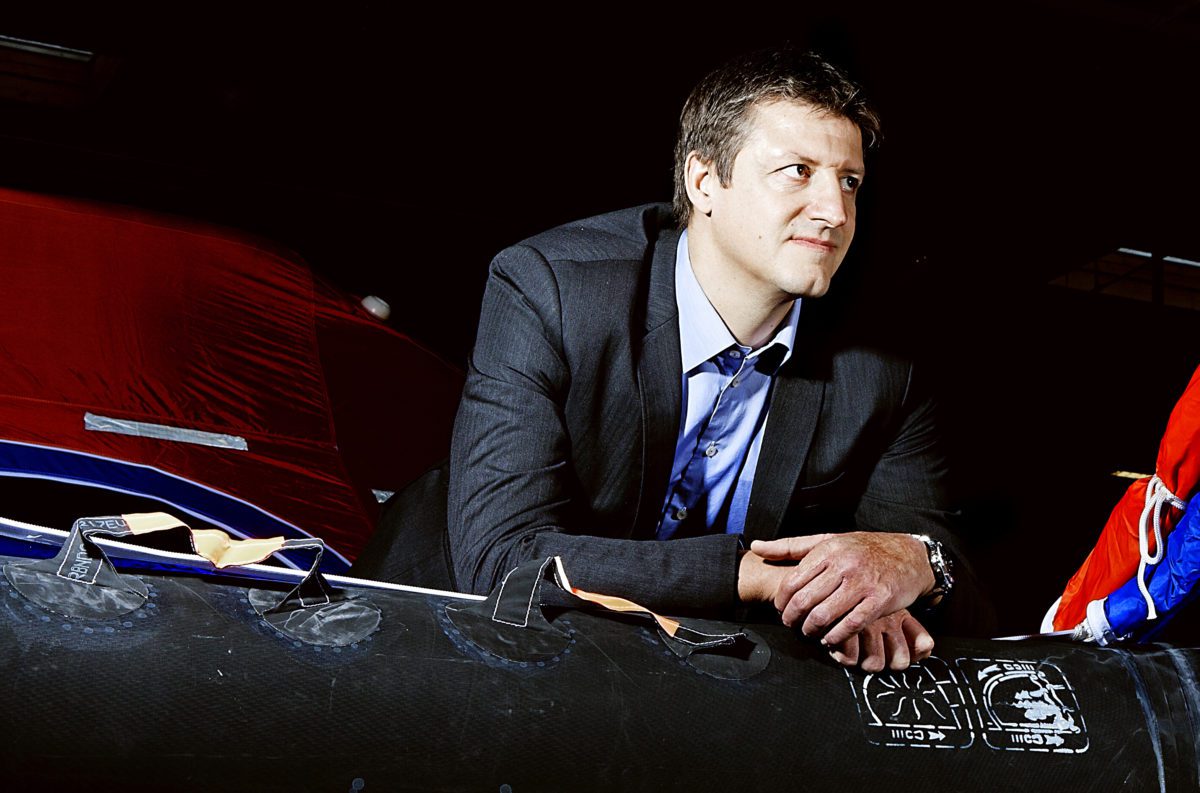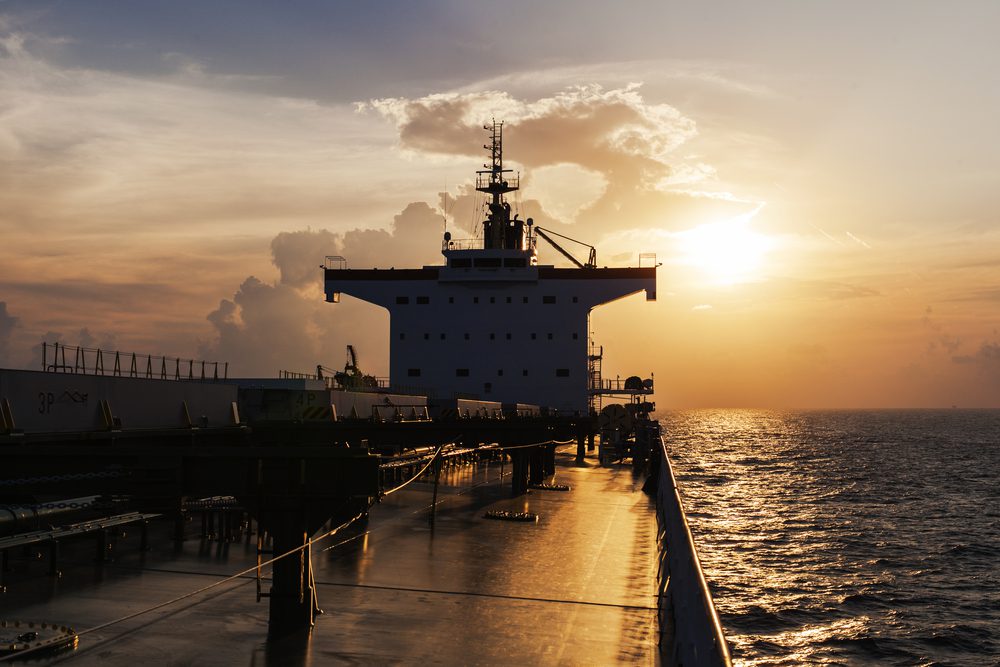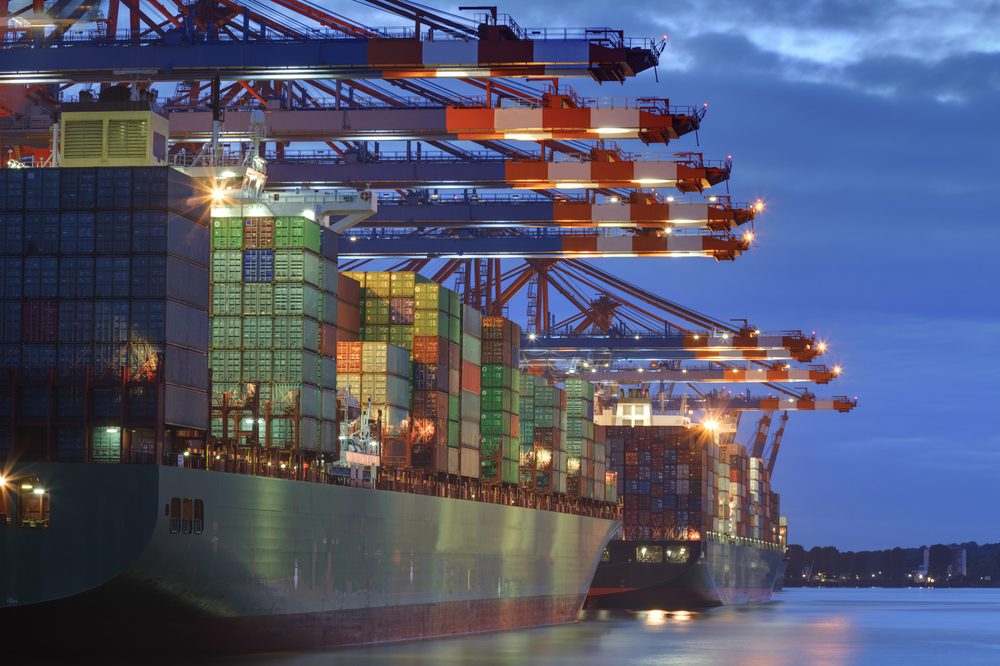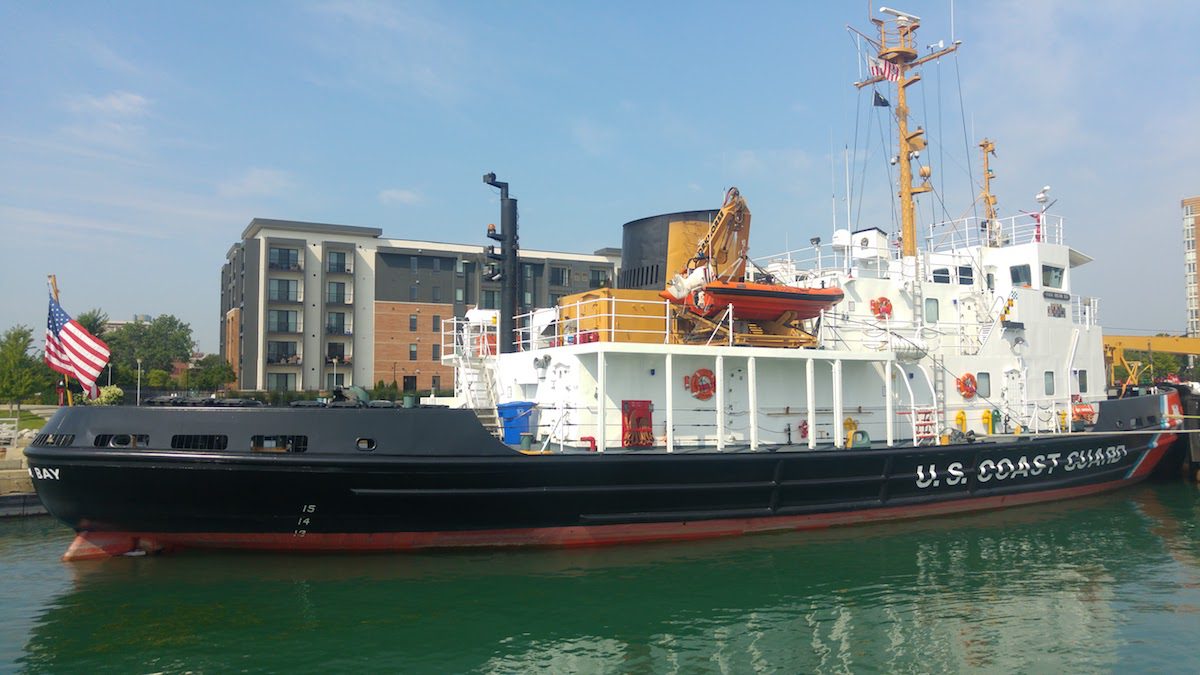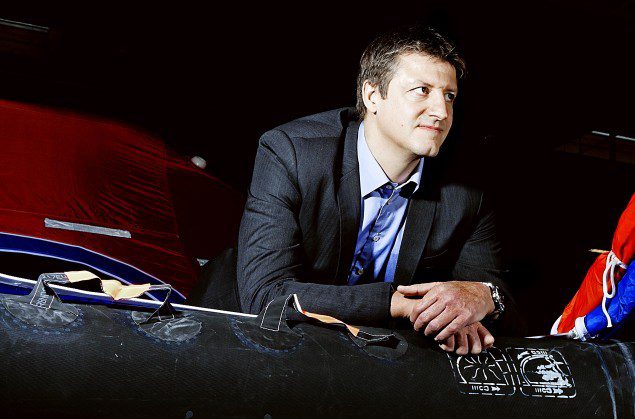
While in Hamburg, Germany last month I sat down with Henrik Uhd Christensen, the Chief Executive of VIKING Life-Saving Equipment, a familiar brand to many who work on ships and offshore rigs around the world.
Tell me a bit about what VIKING is up to these days.
There’s a lot going on. We operate with a number of focus areas within marine safety, and at the end of the day, that’s our business. We are safety specialists.
Within marine safety, there is a huge chunk of the market which is regulated. This includes the products themselves as well as the life cycle services. As soon as you purchase a product, there are regulations telling you that it has to be inspected. These checks could be annual, or every five years, depending on the type of product. Our expertise lies in covering all the products and the different types of checks throughout their life cycles.
The marine market could be compared to the automobile market. You buy a car, and then service it wherever you are. The same thing goes for our products as they are serviced world-wide. Depending on product age and what needs to be replaced, you might have to replace parts at a higher or lower price. We offer extended service plans to go along with our products which require periodic service to remain in regulatory compliance.
What are the different services that VIKING provides?
If you look at SOLAS, you will see that they define some packages within safety. Basically, what we offer is a service that covers those packages. One main area is liferafts, others are firefighting equipment, lifeboats and davits, fire and immersion suits, life jackets and so forth.
So, we offer all of these products as well as the service to ensure these products are properly maintained. That’s our framework.
How much do you get involved on the training side? The reason I ask is because a book called the Deadliest Sea was published recently about a fishing vessel that sank in the Bering Sea in March of 2008. It brought to light some rather frightening issues regarding training and questions surrounding mariner’s knowledge of equipment inspections before going offshore. In this case, a number of people died of exposure because their immersion suits had holes in them after they were forced to abandon ship.
What we do is provide training directly related to our particular products. For instance, with regard to our ship evacuation equipment, we offer training while the product is installed, and we also train people in how to operate it.
There are a number of companies that provide training, and some global operators like Falck with 40 or 50 training schools in total. In addition, you have a number of local schools that conduct training as well.
In other words, we are able to participate in training sessions as well as service the products throughout their lifetime. But, of course, we are not as involved in training as the training schools are.
Has VIKING come up with any new solutions to the issue of evacuating from a ship?
There are a number of interesting products currently under development. However, I’m not able to go into details about them here.
That said, we do pay attention to incidents as they happen around the world and learn from them to come up with improvements to our existing designs.
Take our personal protective equipment such as immersion suits, fire suits and combined work immersion suits. These products are sometimes used in a way that doesn’t lead to the desired effect. Therefore, it is important to point out that small changes in behavior make a huge difference.
With immersion suits, for example, it’s all about insulation. Yet something as simple as a zipper could mean the difference between life and death. There were people who have died in 15 minutes because their zipper was unzipped by 8 centimeters. What happens is that if you don’t make sure to zip the suit completely, and water gets in, you will have a bridge of coldness that allows the water inside, and it will cool a person down very quickly.
At times some people might not instinctively comprehend the difference between zipping all the way and only most of the way, but it could make an enormous difference. These suits are designed to keep people warm in zero degree water for up to 6 hours.
Yet, the small mistake of not zipping all the way could instead cause hypothermia in just 15 minutes.
What is the solution? It’s to zip the suit all the way. But we have of course also heard that the zipper can irritate because it might be a little inflexible at the neck. By introducing a U-shaped zipper as an option on our immersion suits designed for constant or frequent wear, we make comfort a lesser excuse.
Similarly, you could ask “What is the best type of lifejacket?” The answer is: “It’s the one that is worn”. Even if people have the best lifejacket on the market, it will not do them any good if it’s not worn. As a result, there are naturally a lot of product features that we are looking at to help ensure that people are not only wearing these safety products, but that they also will be wearing them the right way.
Editorial Standards · Corrections · About gCaptain

 Join The Club
Join The Club



